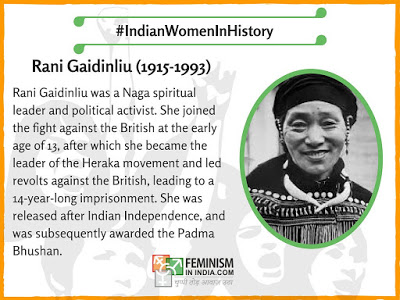One philosophy for conflict resolution within psychology is that there are three main priorities you can have in a conflict: respecting yourself, maintaining a good relationship with the other person, or getting a task done. (Reference: these DBT skills
https://t.co/C7CAlDaE5A )
Most people want to do all three, and you can, but the idea is it can be unrealistic to get all three goals accomplished perfectly-- maybe it's worth thinking about which goals matter most to you right now, in this scenario and relationship, and which you're willing to sacrifice.
To respect yourself, these are good guidelines to prioritize:
1 Keep fairness strongly in mind.
2 Be wary of apologizing. Think hard before offering any apology-- do you really need to say sorry here?
3 Keep in mind what you value.
4 Stick to being truthful, even if you're angry.
To maintain a relationship, keep these in mind:
1 Be gentle, not aggressive.
2 Ask questions, be actively interested in their opinions.
3 Actively validate the way they feel.
4 Have an easy manner. Watch your tone of voice & body language. It's not all about what you're saying.
If getting a task done is the most important thing (1/2):
1 Describe the problem in an objective way to find common ground.
2 THEN get your feelings out.
3 Assert what you want.
4 Reinforce what you want-- are there consequences if it doesn't happen? Why is it important?
If getting a task done is the most important thing (2/2):
5 Be mindful of the goal and don't get distracted. Keep repeating it. Bring the focus back.
6 Confidence is key with body language & tone, not all about words.
7 Be willing to negotiate. What can you give to get this done?
Thinking about conflict resolution in this way makes me realize I'm an expert at the maintaining relationship skills and good at getting shit done, which means I often sacrifice respecting myself. And when I try, I often deviate from truth/fairness out of anger and regret it.
It also means that when I'm experiencing a conflict I'm often thinking about which category the conversation is falling into naturally right now, and which I want to steer it into and a strategy to do that based on these high level guidelines. It helps!
One thing I think a lot about too is within this model, a focus on productivity and achieving goals means that you're losing on self respect and maintaining good relationships, which is what a lot of companies and individuals end up deteriorating. That can't always be the focus.
Maybe because it's my weakest area, I still grapple with how the self respect category can clash with the other two. But it's true that speaking my truth and sticking to my values can cause a ton of conflict depending on the relationship. No need for more, that's powerful enough.
























